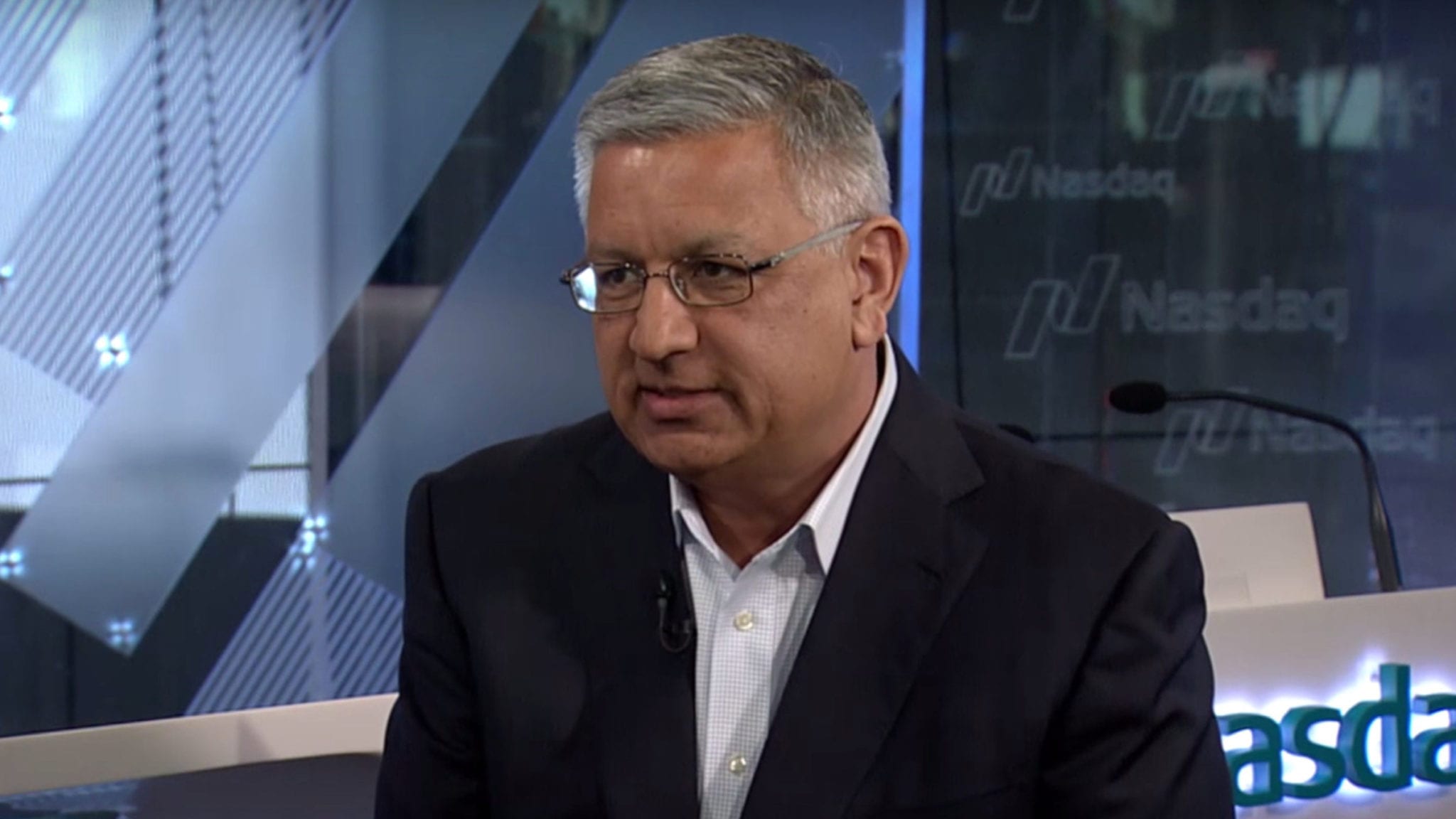
Shawn Singh, VistaGen via Youtube
Little biotech’s stock flatlines as its followup attempt at a depression drug trial win ends in another defeat
You can add one more depression drug trial to the scrap heap of failed clinical explorations.
VistaGen followed its spring failure for AV-101 as a …
Sign up to read this article for free.
Get free access to a limited number of articles, plus choose newsletters to get straight to your inbox.